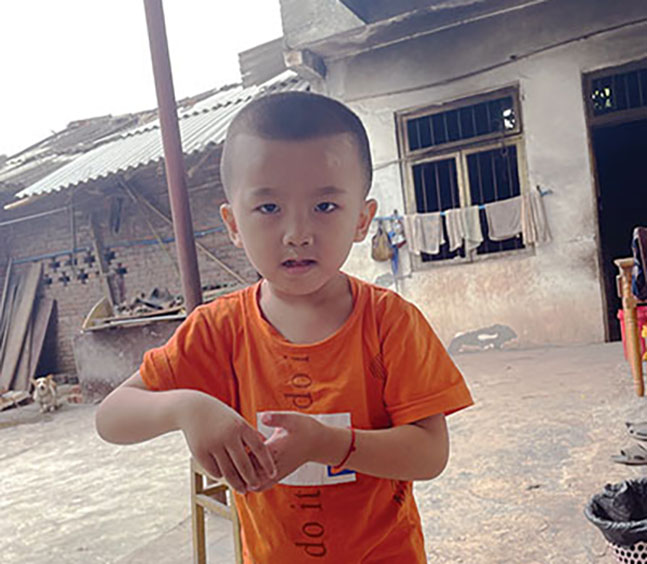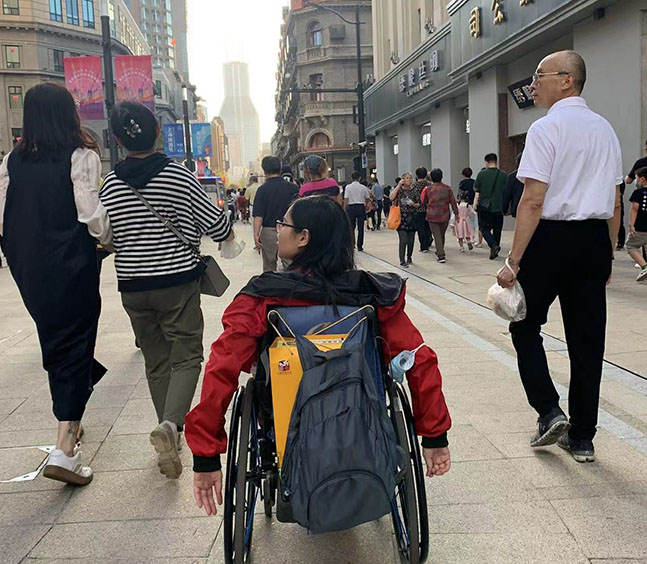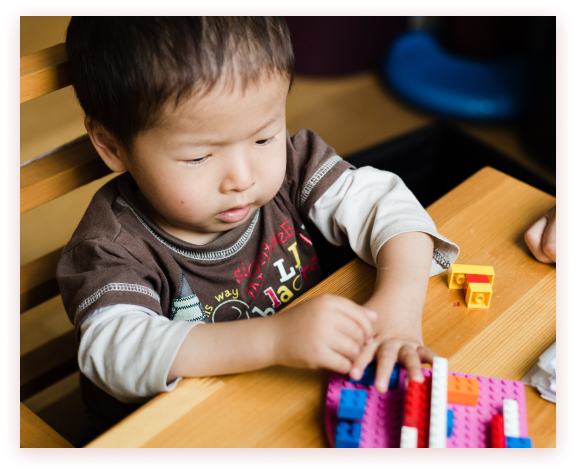Our Work In China and Mexico
The Philip Hayden Foundation has served vulnerable children in China for more than 25 years. For most of that time, we worked in urban China near Beijing. We began by providing humanitarian aid and life-saving surgeries, and over time we added therapy, education, and vocational training.
In recent years we have extended our work into rural China, where the needs are greatest. Orphan care in cities like Beijing has improved radically over the past ten years, but orphans and unsupported children in rural areas don’t receive the same level of care. 98% of orphans in government care have a disability, and most of them live outside of urban areas. We work with local agencies to serve these special-needs children.
Last year PHF expanded again, this time into Yucatán Mexico. After leaving China due to the Covid-19 pandemic, founders Tim and Pam Baker moved to Mexico in 2021 to continue their hands-on work serving vulnerable children.

Rural China
Daily life in rural China is very different from life in urban China. China has introduced policies to address poverty, but rural areas still face unique challenges that place orphans and vulnerable children at risk. More than 300 million adults from rural areas migrate to cities for work. Their children often stay behind, living with a single parent or a grandparent.
Rural areas have fewer local charities to help orphans and unsupported children. Only a third of the population lives in rural areas, but 80% of children with disabilities live there. Many children in these areas don’t have access to medical care and early or specialized education. Philip Hayden Foundation works with local charities to strengthen local families and child welfare care stations. Together with our partners, we offer humanitarian aid, medical care, and education.

Urban China
China’s population grew to 1.4 billion in 2020, with more than 65% living in urban areas. Access to healthcare has increased in the last decade, and fewer children with medical needs are abandoned. The number of rehabilitation facilities has also increased, almost tripling between 2011 and 2018. Sadly, that’s still only enough to help one-third of children with disabilities.
New Chinese charities have opened in urban areas to meet the needs of orphans, offering extra support that institutional settings can’t provide. Right now the biggest gap is in life skills and vocational training. Philip Hayden Foundation has focused our urban programs on training people with disabilities to live independently and hold a job.

Yucatán, Mexico
The Yucatán Peninsula, home to the resort town of Cancún, is also home to three large indigenous Mayan groups – the Yucatán Mayans, the Campeche, and the Quintana Roo. Nearly 75% of the people in these groups live in poverty, and many of them also have chronic health conditions. The capital city of Mérida boasts Costco and Walmart, but half the population of the Yucatán falls below the poverty line.
Mexico reports over seven million people with disabilities. Only one million of them receive the monthly government stipend of $58. Only a quarter of children with special needs attend primary school, even though school is compulsory and must be inclusive.
At PHF, we are working with local charities in the Yucatán to provide vulnerable children with humanitarian aid, medical care, and education. You can help transform the lives of these children and families!

